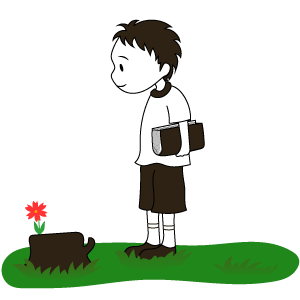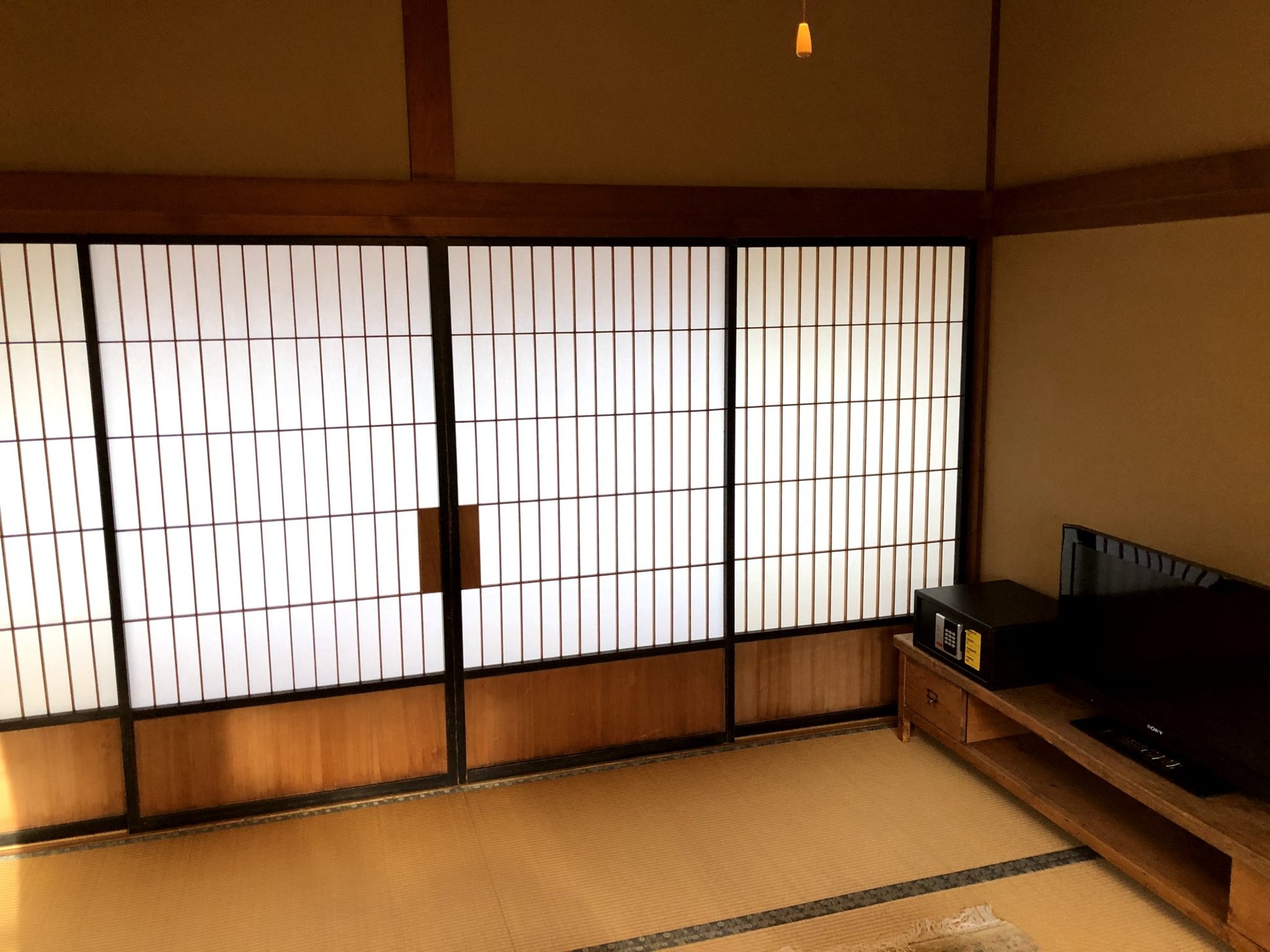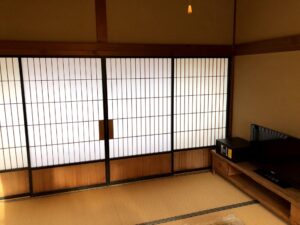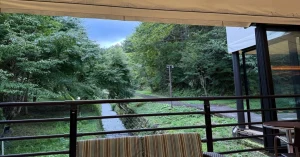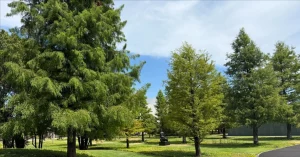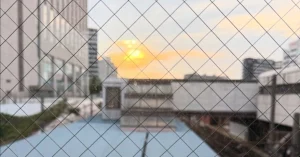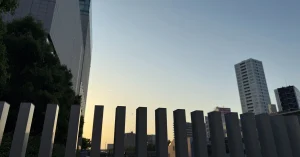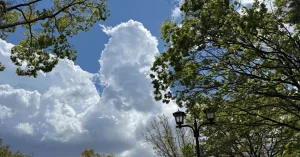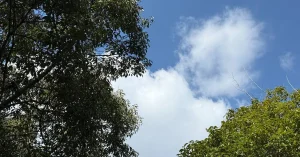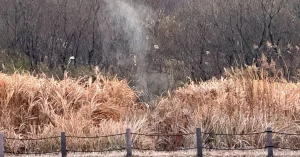I’ve been posting my tanka and haiku on social media for a while now.
I keep my tanka (and English translations) on Instagram, and my haiku on X, so I have them separated into two groups.
Originally, I wrote tanka and haiku in my twenties, and posted my works with photos on a website titled “Flowers, Birds, Wind, and Moon.” I think I kept it up for about a year, but the average number of viewers was less than one per day, so my motivation dropped and I closed it down.
Looking back, it wasn’t surprising; the content was just thin. No one is going to read poorly written tanka written by a twenty-something year old. Plus, the title of the website is lame, even in the Heisei era.
The shock of it being closed convinced me I had no talent for tanka or haiku, and I put them on hold for a while.
So why did I lift the ban? One big reason is that I somehow felt like I could create them now.
The area above this line will be displayed for free.
It’s not that I was watching Murakami Haruki’s game against the Yakult Swallows and thought, “Oh, I’ll write a novel,” but last summer I had the opportunity to visit Hakusan Temple and Hakusan Shrine, and as I was walking through the sound of cicadas, it wasn’t exactly a divine revelation, but it occurred to me, “Oh, I’ll write a tanka.”
Then, composing tanka. Composing haiku. I’ve somehow come to understand the meaning of these actions, and that’s something that has really happened. Maybe they’ve been accumulating without me even realizing it.
As I get older, I realize that time passes faster. It feels like a year passes in the blink of an eye. At the same time, there are times when it feels incredibly long, as I think that today will be another day, just like yesterday.
However, when I become unwell or suffer a serious injury, the weight of each day suddenly hits me. I don’t want to waste the time that passes.
If you live carefully, you’ll realize that no two days are exactly the same. Even if I walk the same path, the phases of the moon, the weather, the shape of the clouds in the sky, and the seasonal flowers all change. Seasonal words (kigo) are used. A saijiki calendar features a variety of words that describe each day.
I begin to understand the importance of cherishing each day.
I can no longer kill time like I did when I was younger. Instead of wasting time on such things, I want to spend my time savoring each moment.
Along with these feelings, the scenery seen through the five senses of my youth begins to look different. I begin to realize that the world is rich, mellow, and deep, a world filled with things I didn’t feel when I was younger.
Because I cherish those fleeting feelings, I want to put them into words as much as possible. I want to share my thoughts with someone. At times like these, tanka and haiku once again appear before me as the perfect tools. For some reason, I began to lose the desire to write poetry.
Even the present moment passes, but it remains as words.
Those words are engraved in the flow of time. It makes me feel like the fleetingness of time, the transience of life, and the suffering of birth, aging, sickness, and death are suddenly lighter. It’s in that spirit that I write haiku and tanka.
If you don’t know tanka, you can’t understand true Japanese culture and history. It’s said that the essence of Japanese literary culture, as a language, is embodied in waka and tanka, but naturally I don’t write them with such grand feelings in mind.
It’s really just a way to relieve stress. Nothing more than a distraction. I don’t think the authors of the Kokinshu and Shin Kokin Wakashu of the past were thinking about wanting to be remembered in history forever or about literary history. It’s probably the same for music or painting.
Perhaps the works that remain as waka from the past to the present are ultimately works that resonated with many people and happened to remain, as a result of an attempt to express the feelings of people who lived in that moment in history.
As I think about it this way, I’ve stopped worrying too much about the quality of the works I create, even if I do reflect on them.
Yes, it’s similar to a sigh. Sighs need to be let out. Whether they’re good memories or bad.
Of course, since they’re being made public online, you need to set some personal standards, but I think it’s fine to have a place where you can quietly post your sighs. In that sense, Note seems like the perfect place.
Twitter used to call posts “tweets,” but I think comments on social media should basically be treated like sighs or tweets. I feel it’s rude to get upset and argue, criticize, or pick a fight.
Acknowledge each other’s sighs and sighs. Understand each other. Without that, I feel like most social media is pointless.
If even a few people can sympathize with these sighs and tweets, I feel like the creator will surely find relief. Not that their lives will be saved, but just the feelings they had at the time.
I think that kind of mindset is fine for poetry, tanka, waka, and even novels, broadly speaking. That’s because Tanikawa Shuntaro once said that his own works are nothing more than weeds growing everywhere. But he’s by no means belittling himself. That’s the way people create their works. But they can have value depending on the person. Your eye might be drawn to that one weed, and in some cases you might even pluck it and plant it in your home.
At the same time, it might be overlooked, and as the season passes, it might disappear, buried under the next weed that grows.
I agree. I think that, in the end, what is called the art of words is probably like that. The art of words that escapes the sifting of history is really just a matter of chance.
That’s why, like when I was doing Kacho Fuugetsu, I wanted to create amazing tanka or haiku that would astound readers. I don’t have any of the drive typical of young people, like wanting to go down in history or have my talent recognized.
If words are the expression of a person’s life in the present, then one’s own tanka and waka poems provide tangible proof.
And so, ultimately, this stylistic beauty may be unique to Japan. But recently, I’ve come to feel strongly that this set form is perhaps something that is most deeply engraved in the blood, or soul, of the Japanese people.
And so, at some point, I started composing tanka and waka again. Not for anyone else, but for myself.
“If I could die traveling and reading haiku”
